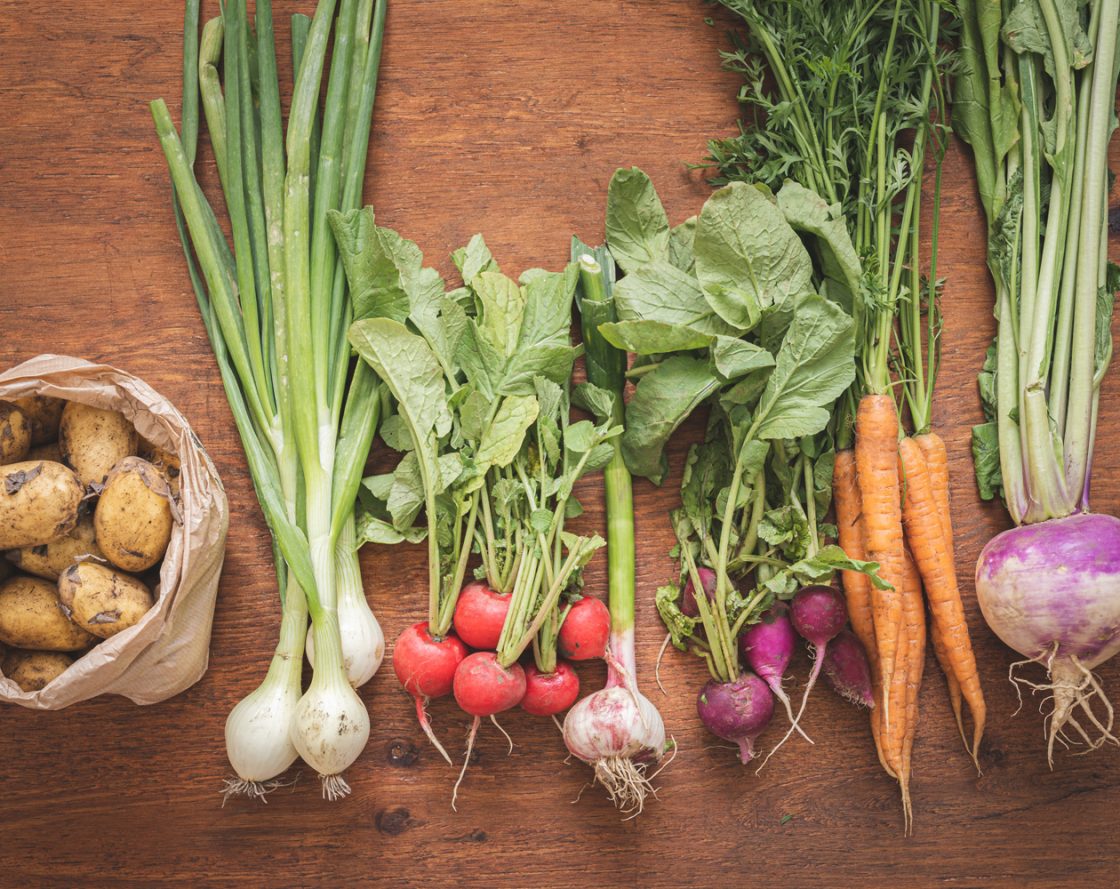
In recent years, the popularity of veganism has rapidly increased, with many high-profile celebrities, athletes and a plethora of social influencers promoting the benefits of a plant-based lifestyle. More people are now experimenting with or following a plant-based diet, which means they have chosen to become vegetarian, pescatarian or vegan.
A 2022 survey of UK diet trends by comparison site Finder shows that 14% (around 7.2 million) of British adults currently follow a meat-free diet.
An inappropriate level of national and social media debate can be found regarding the health and environmental benefits, and the impact and response of the food industry has had to a growing market for vegan products.
Concern also exists with those, who are worried about global warming, who may see Britain’s livestock as a dangerous source of greenhouse gas emissions, rather than as an important part of the rural and national economy. Some farmers also consider that veganism is being pushed by big food companies eager to profit from highly processed foods despite their healthy-sounding ‘plant-based’ branding.
It remains undeniable however that meat remains popular and is still purchased and consumed by in excess of 80% of the UK population.
The agri-industrial industry plays an important part in the national economy. The design, manufacture and supply of animal feed mills and processing machinery to produce animal feed for the poultry, pig and cattle industry is an important part of the UK and wider global agri-industrial economy.
This highly skilled and specialised industry sector enables feed manufacturers to produce a wide variety of animal feed in sufficient volume to support a UK meat production and processing industry worth £9 billion.
The supply, processing and production industry for vegan and vegetarian products are currently buoyant, growth markets and businesses.
For the poultry, dairy and cattle industry, national animal feed producers such as For Farmers and Mole Valley Farmers, and fully integrated farming businesses, who are wholly responsible for the production of their own poultry or meat and in-house feed-based products, such as Avara Foods, are likely to remain largely unaffected by any increase in popularity of the plant-based diet.
Only a significant and continued reduction in the consumption of meat would have an impact on the meat production industry and supporting supply industries.
The long-term viability of micro-economies such as independent agri-industrial businesses, regional feed producers, smaller livestock farmers and local supporting businesses could be negatively impacted by any lengthy, protracted decline in the market for poultry and meat.